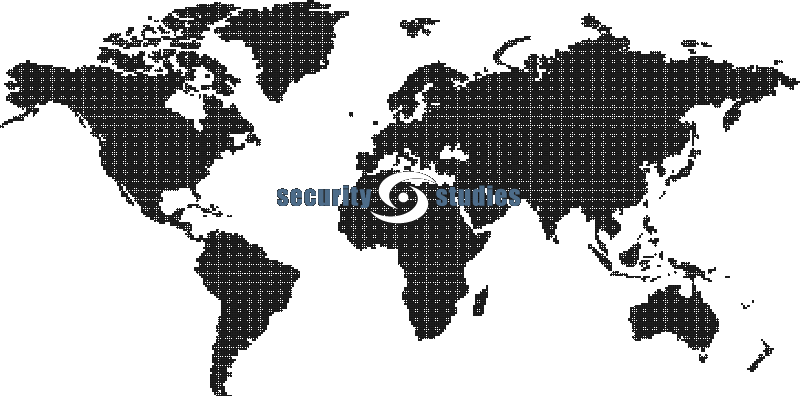What were the reasons due to which Nehru decided to call ceasefire in J&K and take the question of it to the United Nations, what were the reasons behind Nehru`s decision not to sign an boundary settlement agreement in 1954, what were the reasons behind formulation of USA`s response to the Japanese attack on the Pearl Harbour in 1941, what were the reasons behind every strategic-military decision taken subsequently during every historic moment which decided the course of larger flow of developments to take shape? What tools does an historian have to unpack those events? Records are one of the most trusted ones. Personal memories are also very strong instruments to analyse these events so as to arrive at the causations of those events. I can finger to one such very interesting column being written in The Indian Express since many months by senior journalist Inder Malhotra, column name being The Rear Angle.
History is all about right and left. If you do not take positions you are bound to ruin your argument. Telling a story in a narrative way is most profound form of rudimentary style History uses when it discusses events, although there may be many debates about what an historical event accounts for. And also as Bertand Russel says, “Most plausible argument about historical event can be most easily refutable.”So, it is all about how we perceive it.
International relations is all about documenting the patterns of changes happening around us deducing those to least possible models, frameworks and perspectives compared to detailed, voluminous and in depth referencing in the History. Social sciences are not that efficient to analyze, explain and communicate the "Change" in terms of what international relations expert might want to see in geopolitical perspectives. But history gives a certain framework of historical materialism and Marxist approach to do that, a distinct privilege amongst the social sciences.
“For much of the past half-century, history and International Relations have been two fields divided by a common language. As diplomatic history—in the strict sense of history written from diplomatic archives—gradually moved from the centre to the margins of historical concerns, so International Relations became both more theoretical (in its elaboration of ideal-typical models of state behaviour) and more positivistic (in its ambition to stand alongside the other social sciences). The methods and aspirations of the two disciplines grew ever further apart, with seemingly more damaging results for International Relations than for history. International Relations scholars remained consumers of history even when they did not follow contemporary trends in historiography. However, the number of historians who engaged with International Relations became vanishingly small."
Largely history of the nineteenth century was moreover history of international politics. Colonialism, imperialism, world wars, industrial revolution, trade tensions, military modernisation and many other events to flag. So, where does the history of international relations starts, what significance it has in our contemporary polity and what public role thus the international relations scholar has when it comes to arguing the diverse facets of the historicity of the politico military alliance in every part of the last two centuries.
Dr Srinath Raghavan who is faculty member in Defence Studies Department, King’s College London and Senior Fellow, Centre for Policy Research, was in JNU today to discuss all these issues in detail. He was visualising the different possibilities through which one can start writing about history of international relations in India; in the terms of purely military aspects. According to him, history of international relations was largely written in the framework of social and economic terms. Economic aspects dominated due to implications of the industrial revolution and that of the great depression. Social analysis dominated because if you are not working on any subaltern aspects of history you are not considered as a serious historian. So, largely this neglected part of political history of international relations has to be focussed in the studies in case of India and subcontinent.

